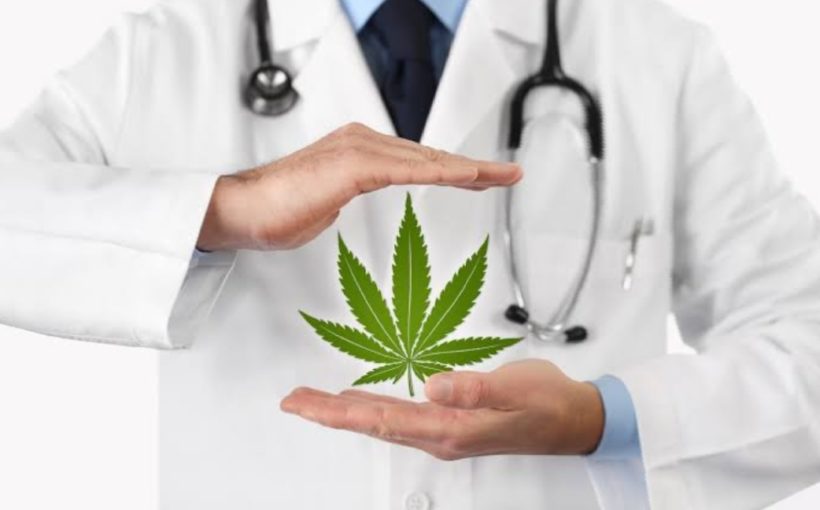The effects of tetrahydrocannabinol THC occur after it binds to one of two cannabinoid receptors (CB1 and CB2) that are found throughout the brain and body and are also acted on by naturally occurring cannabinoids. In the current study, the researchers used endothelial cells (like those that line blood vessels) derived from the stem cells of five healthy people.
Exposing the cells to THC, they found that:THC exposure induced inflammation and oxidative stress, which are known to affect the inner linings of blood vessels and are associated with the development of heart disease.Lab techniques that block access to the CB1 receptor by THC eliminated the effects of THC exposure on endothelial cells. Treatment with JW-1, an antioxidant compound found in soybeans, eliminated the effects of THC exposure.
In addition, the researchers used a laboratory technique called wire myography to examine the response of mouse arteries to THC, finding that JW-1 blocked THC’s negative effects on the function of the inner lining. An earlier attempt to gain health benefits from blocking the CB1 receptor proved problematic.”Previously, a drug that blocked CB1 was approved in Europe for the treatment of obesity, but it had to be withdrawn because of severe psychiatric side effects,” Wei said. “In contrast, as an antioxidant, JW-1 may have neuroprotective effects.
Discovering a new way to protect blood vessels without psychiatric side effects would be clinically important with the rapid growth of cannabis use worldwide.”The researchers are currently extending their research by testing cells derived from regular marijuana users and those who smoke both cigarettes and marijuana. In addition, they are looking at the impact of THC along with the other main component of marijuana, cannabidiol.
Source: American Heart Association


